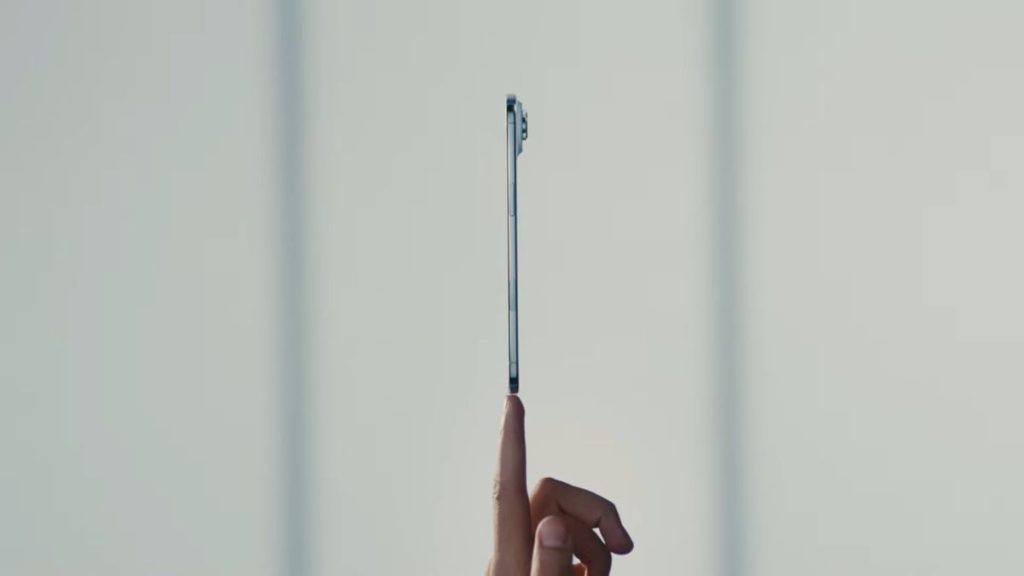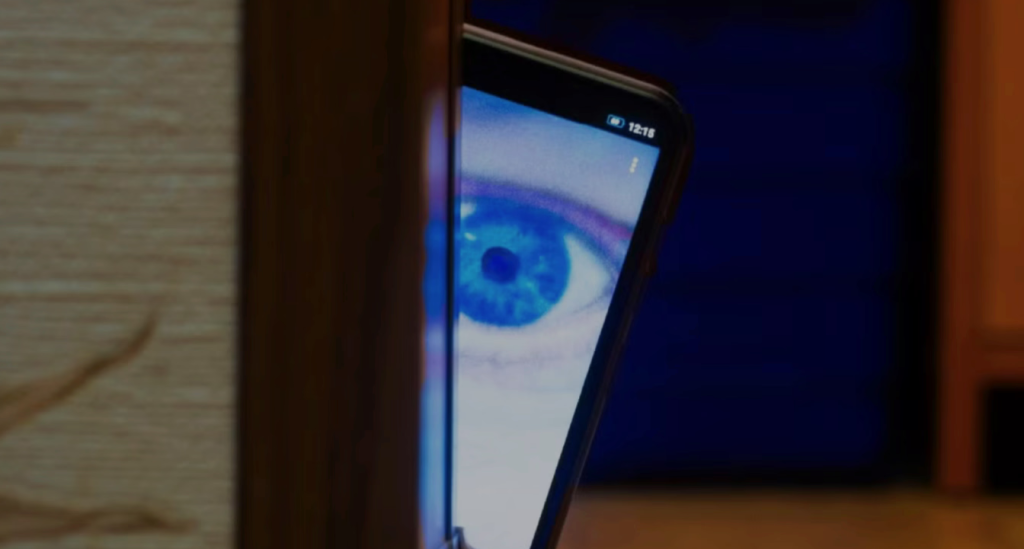At Apple, the name “Air” usually suggests a clean design and impressive lightness. Yet the iPhone Air never truly established itself as a key product. Like the mini and Plus versions, it was meant to meet a new market demand, but the reality showed that this niche was smaller than expected.
The device arrived as the thinnest and lightest model in the lineup. That idea sparked curiosity, but it wasn’t enough. Its battery life was limited, its camera system lacked versatility and its performance was below what other models offered. The result was modest sales and an unclear position in the portfolio. It wasn’t powerful enough, and it wasn’t particularly attractive in terms of price either.
Doubts grew when several reports mentioned that development of the next iPhone Air had been put on hold. The absence of signs from the supply chain, combined with Apple’s silence, gave the impression that the device might quietly disappear from the catalog without any formal announcement.
A possible return in 2027
Recent information adds some nuance. Apple is reportedly working on a second generation of the iPhone Air, with a potential launch planned for spring 2027, alongside the future iPhone 18 lineup. A release outside the usual September window suggests that the Air would remain a separate product, not part of Apple’s main priorities.
Early details point to a device more capable than the original. Rumors mention a second rear camera, a larger battery and a redesigned internal structure meant to improve heat management without increasing thickness. The challenge will be finding the right balance. The more the iPhone Air resembles a standard iPhone, the harder it becomes to justify its existence as a distinct model.
Its unique status reinforces this feeling. The iPhone Air does not follow Apple’s usual numbering system. This gives the company the flexibility to pause or revive it without affecting the structure of the rest of the lineup. That flexibility can be an advantage, but it also shows how peripheral the device is within Apple’s strategy.
For now, the future of the iPhone Air remains uncertain. Its first version was neither a failure nor a strong success. If it returns in 2027, it may get the opportunity to redefine its role. If it fades away again, few people will be surprised. The iPhone Air launched with a light footprint in every sense, including in its commercial presence, and that may ultimately shape its path.







